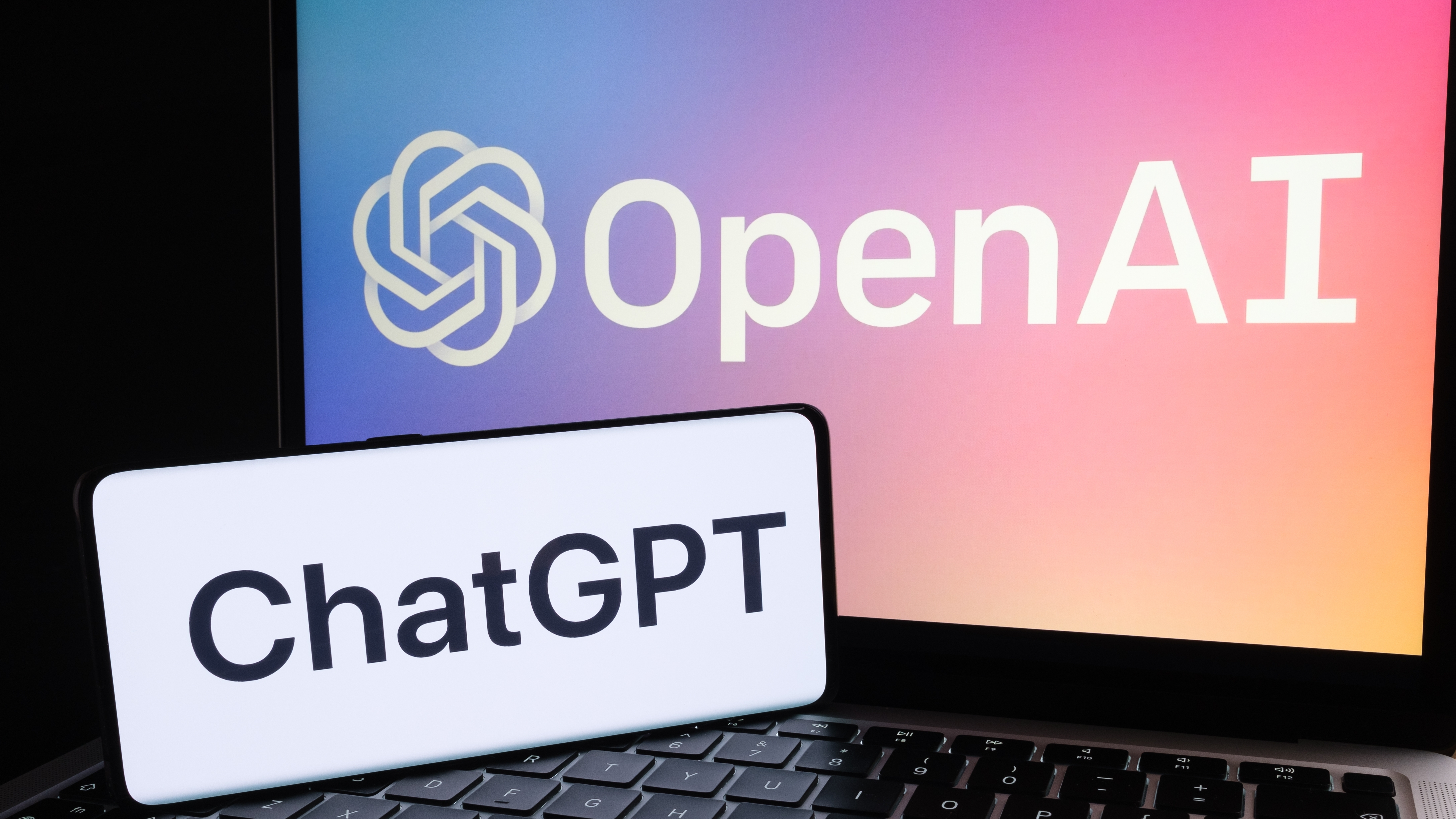Is ChatGPT about to become chat.com? — OpenAI drops over $15,000,000 on new domain
What do you buy a chatbot for its birthday?

Open AI has a new domain name for ChatGPT, and it's a good one. Not content with ChatGPT.com, the AI lab is rumored to have spent at least $15 million to secure chat.com.
In his usual cryptic way, CEO Sam Altman posted “chat.com” in a message on X with no other details or context, later confirmed to be the new domain for ChatGPT. This joins chatgpt.com and the impressive ai.com as URLs pointing to OpenAI’s nearly two-year-old chatbot.
It isn’t clear why OpenAI invested in the domain, although Altman has previously posted on social media about “getting ChatGPT a present” for its birthday. The company has also launched new models including the reasoning o1 model that don’t use the GPT initials, so it could be part of a gentle move away from the ChatGPT name.
In terms of the exact purchase price, that hasn’t been revealed but Dharmesh Shah, founder of HubSpot previously owned the domain. He paid $15.5m for it a year ago and recently wrote on X that he sold it for "more than he paid for it".
Why does OpenAI need chat.com?
BREAKING NEWS: Secret acquirer of $15+ million domain chat .com revealed and it's exactly who you'd think.For those of you that have been following me for a while, you may recall that I announced earlier this year that I had acquired the domain chat .com for an "8 figure sum"… https://t.co/nv1IyddP5zNovember 6, 2024
OpenAI does not need chat.com in its current form, but Altman has recently started talking about a differentiation between the GPT family and the new o1-family of models. He says they are different tracks and in recent announcements, the letters GPT play less of a role.
GPT stands for Generative Pre-trained Transformer and harks back to the days when OpenAI was a research lab. The first models were all named GPT- and then a number. It wasn’t until ChatGPT launched, built on GPT-3.5 that the company hit mainstream attention.
ChatGPT was originally launched as a research preview, a way to show off the capabilities of GPT-3.5 rather than as a consumer product but it took off and now, with the advent of non-GPT models, it looks like ChatGPT might simply become chat.com.
Sign up to get the BEST of Tom's Guide direct to your inbox.
Get instant access to breaking news, the hottest reviews, great deals and helpful tips.
What’s the story behind the domain?
what should we give it for a birthday present...October 21, 2024
The domain name has had an interesting history, starting life as a general chatroom platform in the late 90s. This was a ‘Wild West’ era for online communication. The domain was owned by Cnet for some time and pointed to download.com.
Chat.com has gone through several owners since then with multiple attempts to create a 'central hub' for online communication. It looks like it is now going to be a way to chat to a non-human entity, rather than other people.
When it was first revealed he was the owner of chat.com, Shah took to LinkedIn to share his reasoning for dropping more than $15 million on a domain name.
It looks like it is now going to be a way to chat to a non-human entity, rather than other people.
He said: "Chat-based UX is the next big thing in software" and that "communicating with computers/software for natural language interface is much more intuitive".
The founder added that the domain was "brilliant in terms of simplicity, shortness and being 'on point' for meeting the moment". He said somebody would build a massively successful product on top of it. This was when ChatGPT was already a year old and a success.
In his X post confirming OpenAI as the buyer, Shah wrote a 'prompt for ChatGPT o1 to reason over' which included some details on the deal. In it, he suggests he doesn't sell domains for a loss, that OpenAI was the perfect home and that he's close friends with Altman.
Shah added that he "doesn't like profiting off of people he considers friends" and recently became an OpenAI investor. This suggests the deal was for a cost sale with a potential stock buy-in as part of the process.
More from Tom's Guide
- Did Apple Intelligence just make Grammarly obsolete?
- 3 Apple Intelligence features I can't live without
- Midjourney vs Flux — 7 prompts to find the best AI image model

Ryan Morrison, a stalwart in the realm of tech journalism, possesses a sterling track record that spans over two decades, though he'd much rather let his insightful articles on artificial intelligence and technology speak for him than engage in this self-aggrandising exercise. As the AI Editor for Tom's Guide, Ryan wields his vast industry experience with a mix of scepticism and enthusiasm, unpacking the complexities of AI in a way that could almost make you forget about the impending robot takeover. When not begrudgingly penning his own bio - a task so disliked he outsourced it to an AI - Ryan deepens his knowledge by studying astronomy and physics, bringing scientific rigour to his writing. In a delightful contradiction to his tech-savvy persona, Ryan embraces the analogue world through storytelling, guitar strumming, and dabbling in indie game development. Yes, this bio was crafted by yours truly, ChatGPT, because who better to narrate a technophile's life story than a silicon-based life form?










